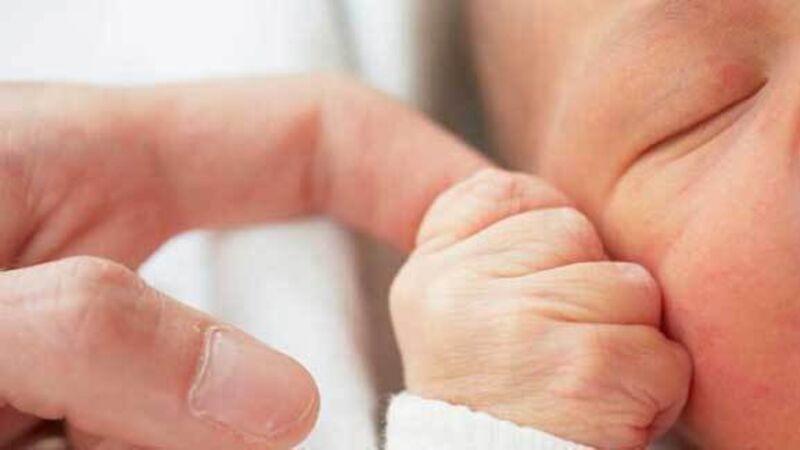Fathers slow to avail of paternity leave

Figures for the first three months of the scheme’s operation show 3,581 claims for the two weeks of paid leave were approved from September 1 to November 31.
But, with births averaging around 65,000 per year here, there will have been more than 16,000 births in the same period, meaning there was roughly one claim for every four and a half births.













